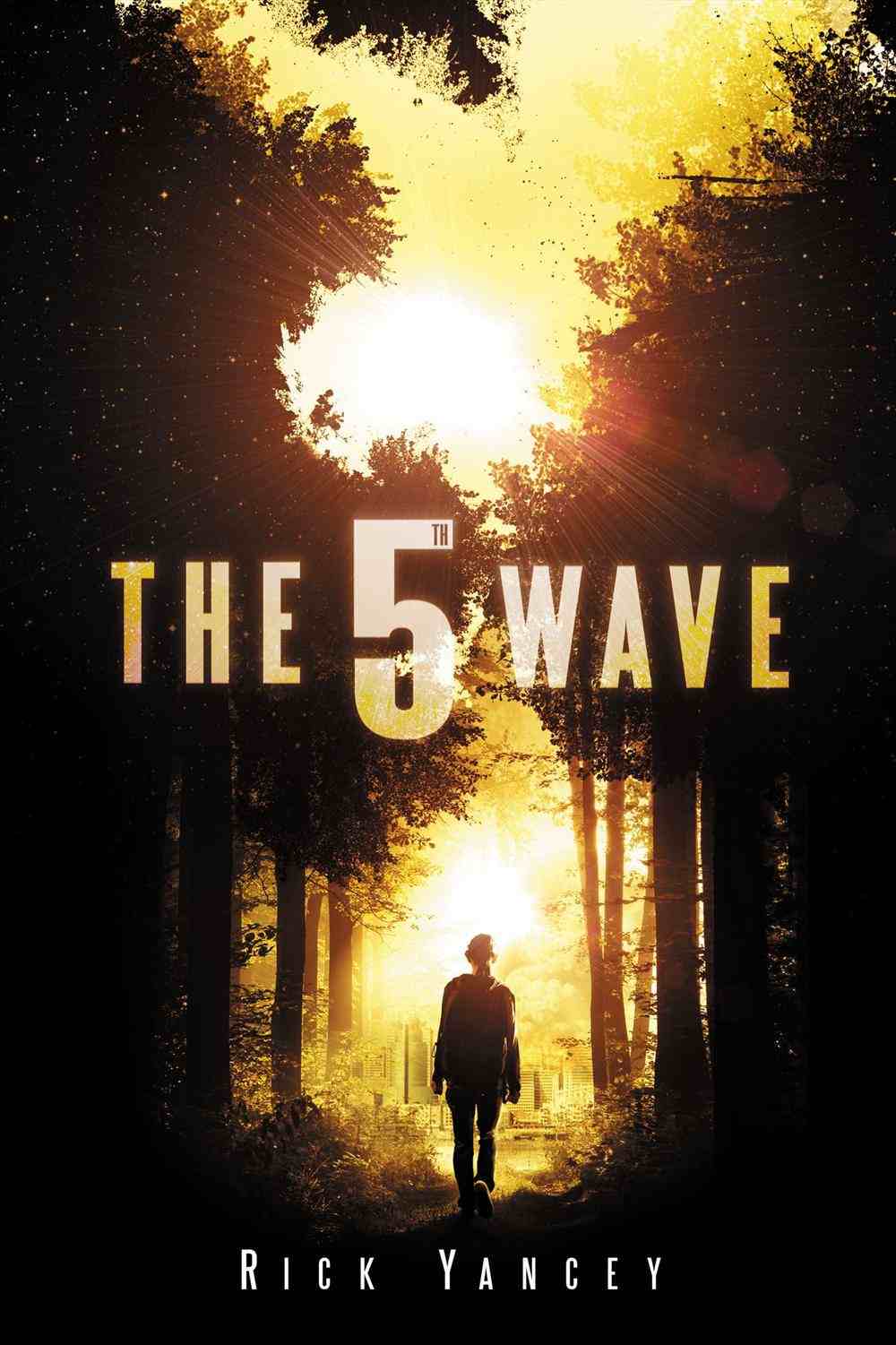In the world of young adult fiction, few narratives navigate the intricate dance between survival, humanity, and extraterrestrial encounters as deftly as Rick Yancey’s “The 5th Wave.” This stirring novel not only immerses readers in a kaleidoscopic universe of thrilling events but also explores profound themes about trust, resilience, and the essence of what it means to be human in the face of insurmountable odds.
At its core, “The 5th Wave” thrusts us into a post-apocalyptic Earth ravaged by a series of cataclysmic events unleashed by an enigmatic alien species. The story hinges on Cassie Sullivan, a teenage girl who embodies the struggle for survival amidst desolation and betrayal. Yancey’s multidimensional characters lend a richness that is hard to dismiss, enabling readers to connect deeply with their tribulations and transformations.
The novel is structured in a compelling manner that oscillates between different viewpoints, shifting perspectives not only enhances the storytelling but offers a multifaceted understanding of the chaos that ensues in a world teetering on the brink of annihilation. This narrative technique engenders suspense, as readers piece together the fragmented puzzle of survival through the eyes of various characters, each bringing their own fears, hopes, and motivations into the story.
One of the immediate delights of “The 5th Wave” is its kaleidoscopic world-building. Yancey meticulously constructs a universe where humanity grapples with existential dread. From the eerie silence that envelops abandoned cities to the stark, brutal environments of makeshift encampments, each setting holds an implicit narrative. This attention to detail paints a picture that is both tangible and haunting—every location becomes a character in its own right, reflecting the despair and the small flickers of hope that persist.
As readers delve deeper into the text, they will encounter various motifs that transcend the surface narrative. Yancey skilfully incorporates themes of trust and betrayal, which are as poignant as they are essential to the plot’s progression. Cassie’s journey is labyrinthine, filled with moments of doubt and cryptic alliances. The author crafts a cerebral canvas where the lines between friend and foe are blurred, allowing readers to ponder the complexities of human nature amidst dire circumstances.
The characters are one of the standout elements in “The 5th Wave.” From the fiercely determined Cassie to the conflicted Evan Walker, Yancey engenders a rich tapestry of personas that represent the spectrum of human emotion. Each character is imbued with a profound sense of authenticity; their struggles feel relatable even against the backdrop of alien invasion. Cassie’s tenacity is particularly inspiring—her growth propels the narrative forward and resonates deeply with readers. As she battles her inner demons and external threats, she epitomizes the resilience that humanity clings to in times of crisis.
Furthermore, Yancey’s prose is imbued with a lyrical quality that elevates the reading experience. His command of language oscillates seamlessly between moments of harrowing intensity and poetic reflection. The dialogues crackle with tension, while his descriptive passages evoke vivid imagery that lingers long after the book is closed. The author’s deftness in weaving suspense makes readers feel as if they are walking alongside Cassie, palpably experiencing the dread as the ‘waves’ of alien invasion hit.
Aside from its thrilling plot and rich character development, “The 5th Wave” serves as a thought-provoking commentary on the nature of humanity. The narrative asks probing questions: What does it mean to be human? How far would you go to protect those you love? Yancey cleverly utilizes the alien threat to mirror our own societal trials, revealing much about human relationships, governance, and survival instincts. The philosophical undertones resonate well beyond the page and contribute to the book’s lasting impact.
The pacing is another aspect worth discussing. Yancey expertly balances tension-laden scenes with quieter moments of introspection, creating a rhythm that engages readers on multiple levels. The well-timed revelations and twists maintain an adrenaline-filled momentum. Each chapter leaves a lingering question, encouraging the reader to turn the page quickly, hungering for answers.
Readers can also expect a plethora of emotional engagement; whether through the intensity of loss that permeates the novel or the fleeting joy found in camaraderie amid catastrophe, Yancey’s narrative elicits an array of responses. The ebb and flow of emotions infuse the text with a dynamic pulse, ensuring that readers will find themselves invested in the fate of these characters.
In terms of genre, “The 5th Wave” masterfully intertwines elements of science fiction, adventure, and psychological drama. This synthesis not only broadens its appeal but also ensures it stands out in a saturated market. Science fiction aficionados will relish the intricacies of Yancey’s alien invasion while those drawn to character-driven narratives will appreciate the profound depth of personal struggle depicted throughout the story.
In conclusion, “The 5th Wave” is not merely a tale of survival; it is a poignant exploration of human resilience and the moral complexities that arise when faced with life-altering choices. Readers will discover an intricate weave of suspense, emotional depth, and philosophical inquiry underpinning a thrilling narrative. Each read uncovers new layers, inviting contemplation long after the final page is turned, making it a substantial addition to any young adult literature collection. With Yancey’s deft storytelling and rich themes, this book compels readers to confront their own interpretations of humanity, trust, and the enduring fight for survival in a world overtaken by the extraordinary.
